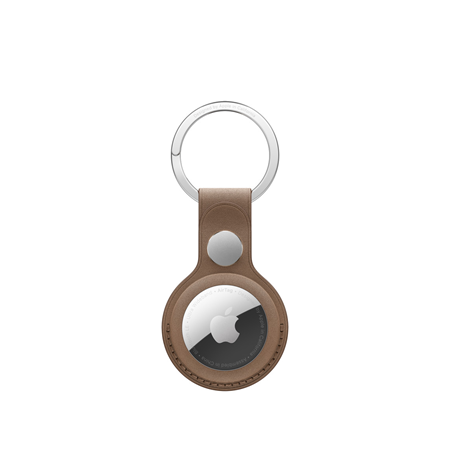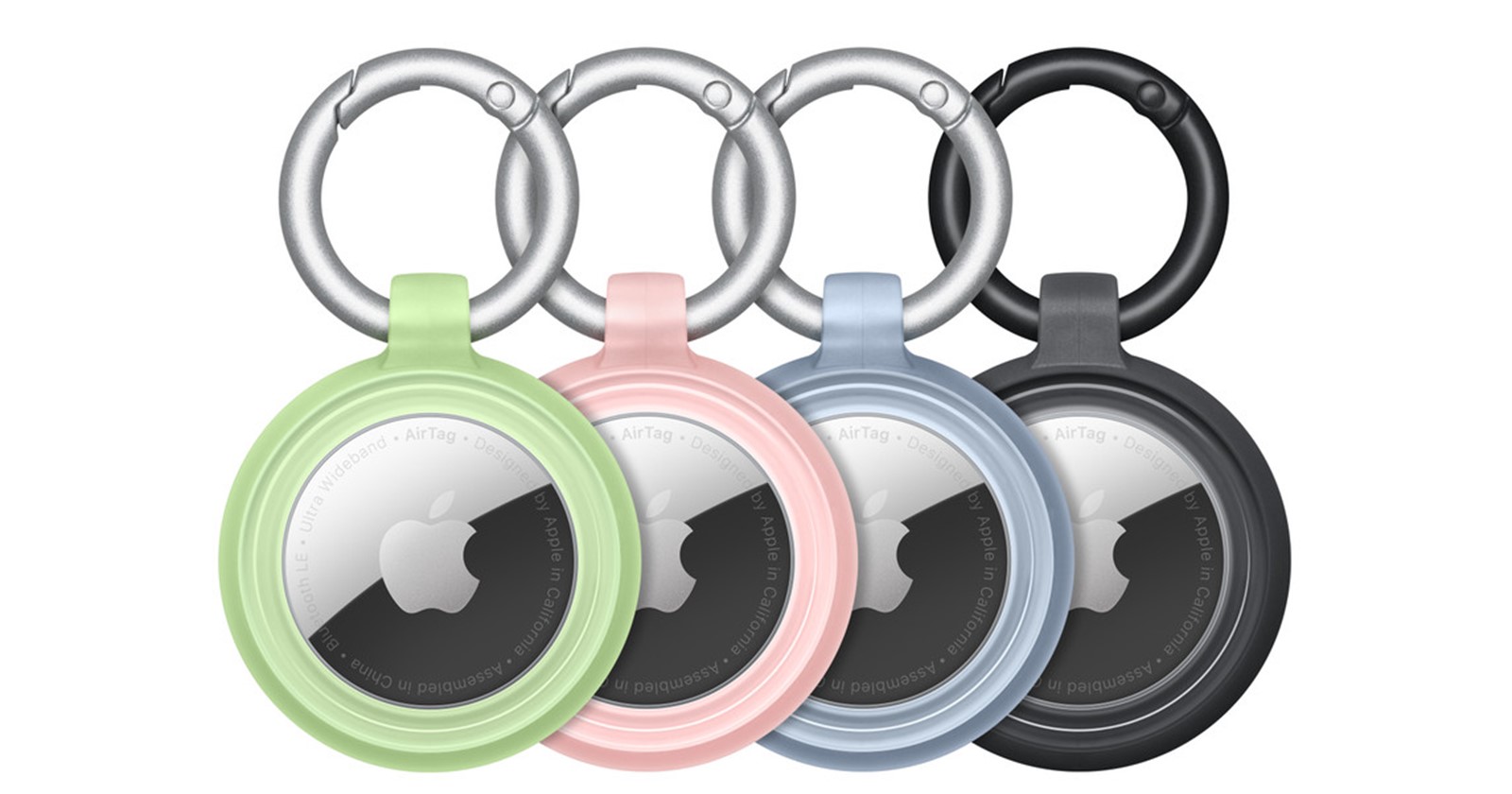Apple’s AirTag revolutionized the Bluetooth tracker market. Their compact design and integration with Apple’s Find My network made them an instant hit, leading to a thriving AirTag accessory ecosystem. Now, with Google poised to release its own AirTag competitor later this year alongside the long-awaited revamped Find My Device network, a critical design question arises: will they follow Apple’s form factor? While it remains a mystery for now, I strongly believe the answer to this question will have significant implications for consumers and the broader market.
The most obvious advantage of Google adopting a form factor similar to the AirTag is compatibility. AirTag cases, keychains, luggage loops, and other accessories could instantly be used with Google’s offerings. This would save consumers money and eliminate the frustration of needing to buy separate accessories for different brands of trackers. Furthermore, it would provide a level of convenience that has been a major selling point for AirTags.
By making its tracker compatible with existing AirTag accessories, Google could level the playing field, attracting users who value the versatility these accessories offer. It would also signal to accessory manufacturers a wider target market exists, potentially encouraging even more innovative and useful accessory designs.

However, there’s also an argument for Google breaking the mold. While compatibility is an advantage, it’s certainly possible for Google to create a compelling tracker that is uniquely designed. Perhaps a focus on an improved shape, a more durable build, or a completely different method of attachment could sway users towards Google’s tracker. A unique form factor offers Google a chance to stand out while also driving its own accessory ecosystem. This could lead to new ways to interact with and carry a tracking device.
Ultimately, the decision Google makes has pros and cons. Choosing an AirTag-like form factor would prioritize compatibility with existing accessories and convenience. Opting for a different design could be a gamble, but also an opportunity to differentiate its product and carve a unique space in a crowded market.
Regardless of the decision, a Google tracker that is well-designed will significantly shake up the Bluetooth tracker space. Whether Google chooses compatibility or innovation, consumers stand to benefit from increased competition and potentially a wider array of tracking accessories to match their lifestyles.
What do you think? Please share your thoughts in the comments below.
Featured image: Apple


